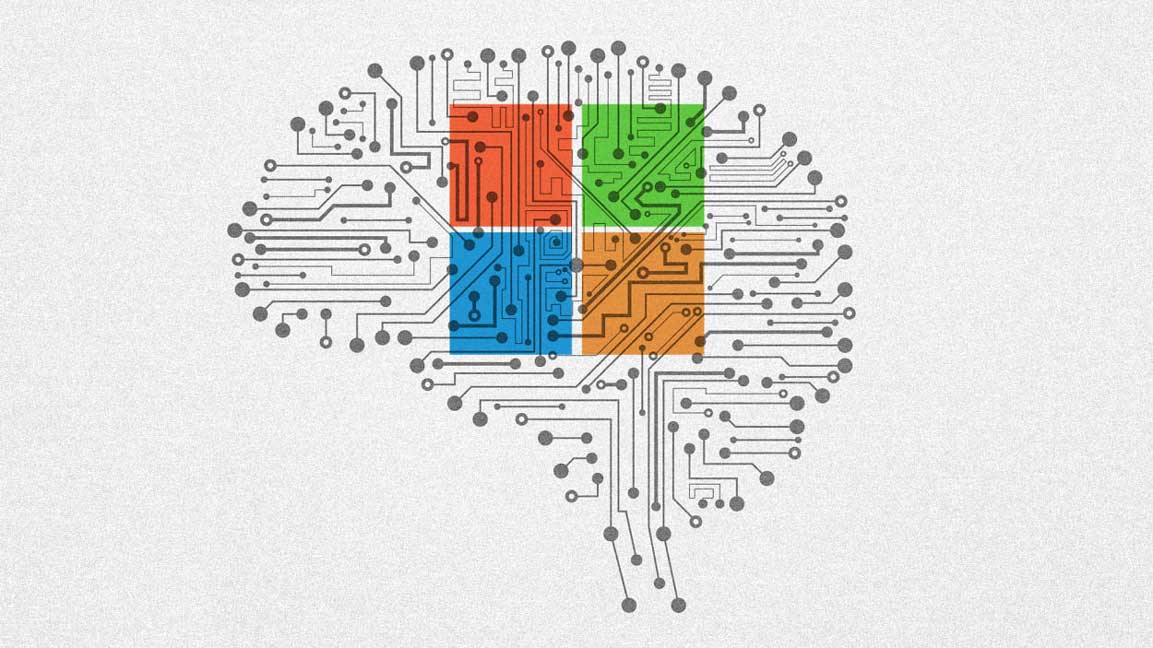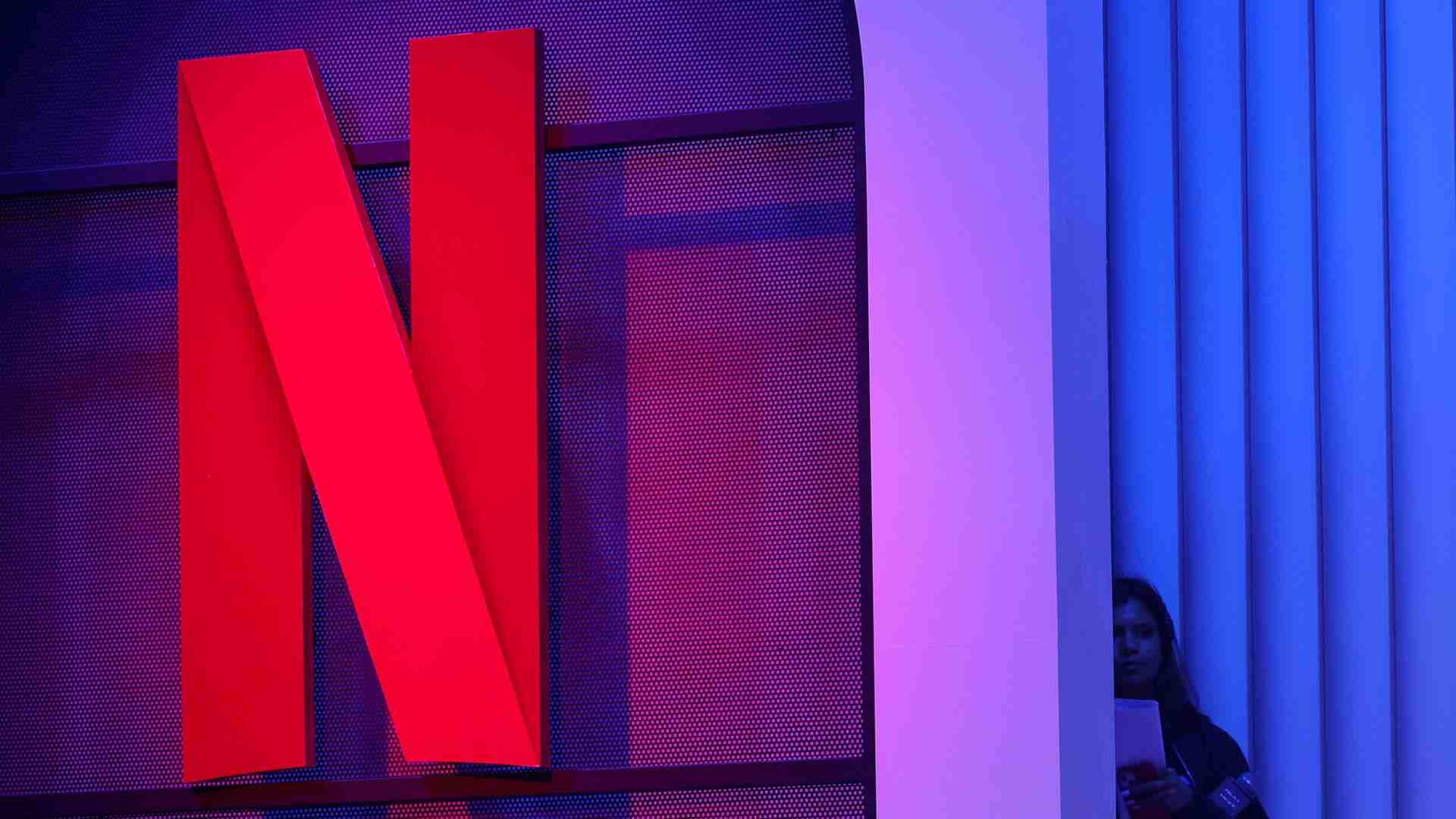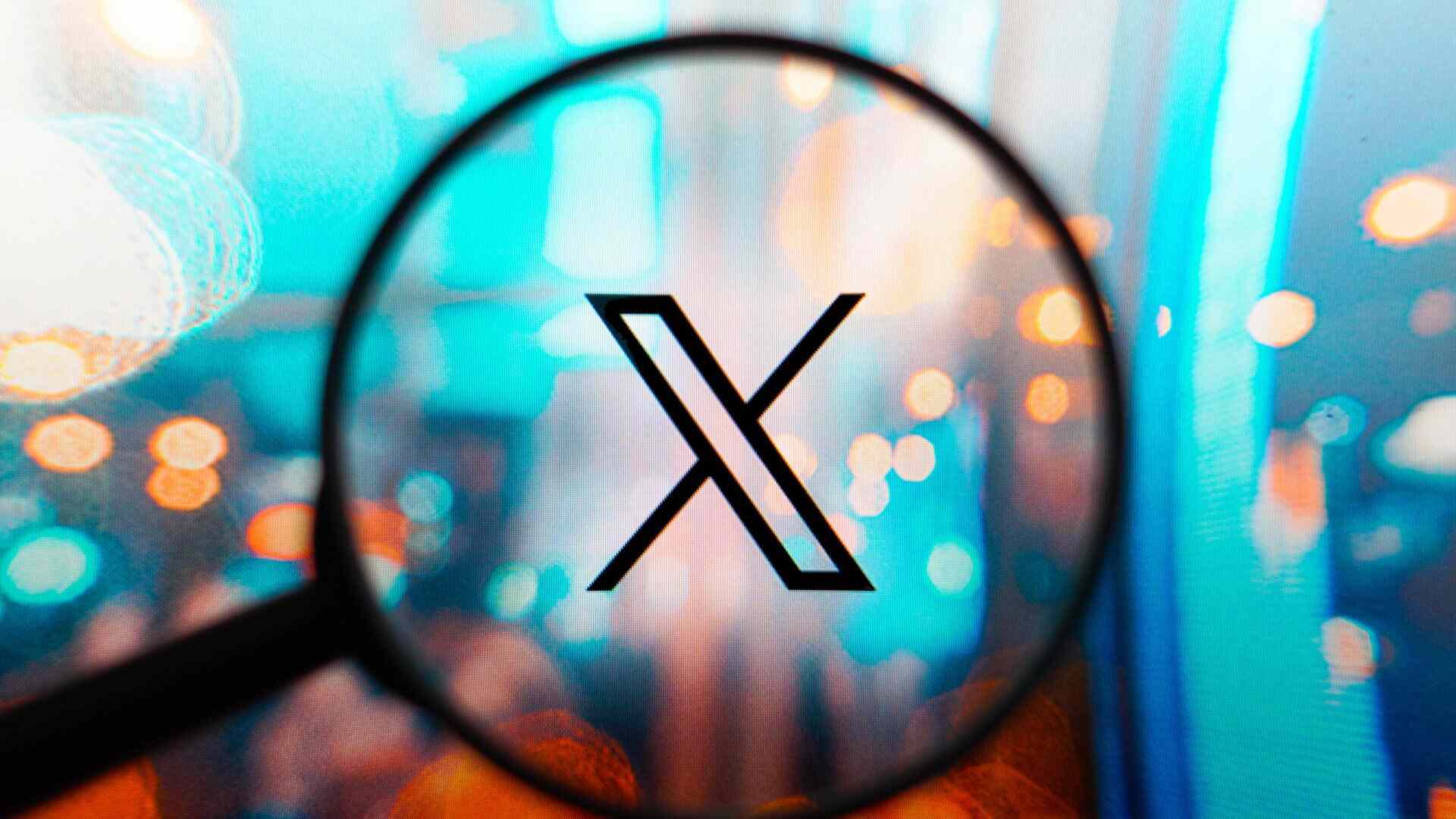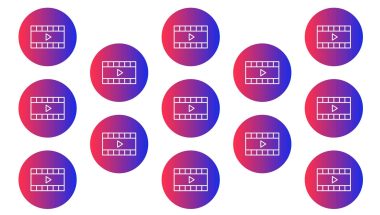- | 9:00 am
Armed with OpenAI models, Microsoft declares war on Google Search and Chrome
Microsoft says Bing now leverages a new natural language model called Prometheus—which the company says is more powerful than ChatGPT.

Microsoft said Tuesday it will use generative AI models developed by its partner OpenAI to drastically reinvent two of its core products—the Bing search engine and the Edge browser. If consumers find those products’ new AI superpowers compelling, Microsoft could, for the first time in years, threaten Google’s comfy place atop the search and browser markets.
Microsoft described the OpenAI-powered products at a press event Tuesday in Redmond, Washington. The announcement marks Microsoft’s first major flex of its growing partnership with San Francisco-based OpenAI, which has seen its own profile rise rapidly over the past two months thanks to its ChatGPT AI chatbot.
CONVERSATIONAL SEARCH
The Bing search engine, Microsoft explained, now leverages a new natural language model called “Prometheus,” which Microsoft says is more powerful than ChatGPT. The company says that for more complex searches, the new Bing will return more relevant and up-to-date answers that also provide contextual information and annotations.
In the Prometheus-equipped Bing, Microsoft is remaking search to become a conversational back-and-forth between user and search bot rather than a purely keyword-based experience. The search window in Bing is now larger, allowing for 1,000 characters to accommodate longer, more natural search questions. In response to a complex user question (“What is the best way to prepare for a trip to Mexico?”), Bing will now anticipate the array of smaller questions inherent in the request, then return a customized results package that can include custom text, images, video, and links.
Microsoft says the introduction of the OpenAI natural language models to Bing caused the biggest jump in search-result relevance in two decades.
Microsoft has also found some sensible ways to integrate the OpenAI models into its Edge browser. A new Discover chat window appears at the right of the screen, which allows users to do things like create summaries of text-dense web pages or compose quick emails about the content of a web page. Or, the user might engage in a back-and-forth chat with the chatbot to conduct a search for a new TV that suits the user’s needs.
The natural language model will also help the search engine return more relevant results in response to more traditional searches, such as for things like the weather or place locations.
WAR OF THE CHATBOTS?
The popularity of OpenAI’s surprisingly intelligent and conversant ChatGPT chatbot has sent a groundswell through the tech industry. One of its more surprising effects is setting up a high-stakes rivalry between two old foes: Google and Microsoft.
“It’s a new day for search today,” said Microsoft CEO Satya Nadella. “Rapid innovation is going to occur. It’s a race and it starts today.”
Microsoft already had a distribution partnership with OpenAI, but it announced in January that it will make an additional investment in the company, which gives it a substantial ownership stake. For its part, OpenAI originally planned to be a not-for-profit concern, but after facing the considerable costs of developing, training, and hosting large AI models, it has opted to release paid products and to sell away equity in the company in exchange for operating capital as well as hosting services on Microsoft’s Azure cloud servers.
Because of Microsoft’s close relationship with OpenAI, the tech giant rather suddenly finds itself in a position to seriously challenge Google’s long-standing dominance in web search. If consumers like the idea of ChatGPT acting as their guide to parsing the world’s digital information, they may give it a try. If some of them like the experience and begin splitting their searches between Google and Microsoft, some of the search advertising revenue that normally goes to Google by default might start diverting to Microsoft—certainly more than flows to Bing now.
The Microsoft/OpenAI extravaganza Tuesday comes one day after Google made its own bid for AI greatness by announcing several new initiatives, chief among them the eventual public debut of a new AI chatbot called Bard. Google also said it will release a new chatbot-powered search feature that returns a package of multimedia search results, adding that it’ll soon roll out a new generative AI API upon which developers and creatives can build their own apps.
China’s Baidu also entered the fray Monday by announcing the March debut of its own ChatGPT-like bot, “Wenxin Yiyan,” or “Ernie Bot” in English. Apple will reportedly hold a company-wide meeting next week to discuss ways in which it might imbue its hardware, software, and services with generative AI.





































